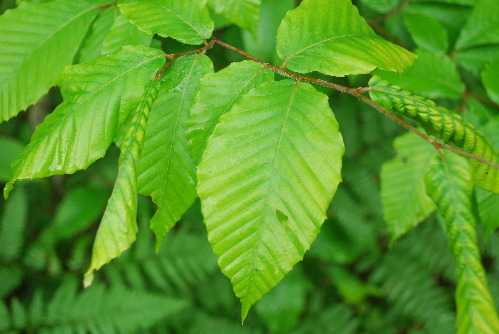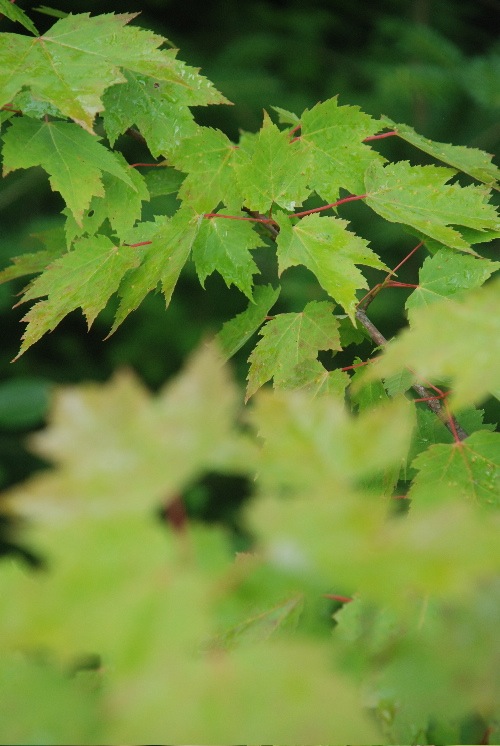That’s quite like what Thoreau would have seen as he walked down to the edge of Walden Pond.
It was going to take too long to get to Walden Pond, so here we were, camping among the trees five metres or so from the edge of a pond I imagine is just like Thoreau’s home. In fact this may be more in the spirit of ‘going to Walden’, than actually going to Concord woods, as here in the central eastern side of Vermont I’m in a much more remote valley than the ‘wilderness’ Henry sat himself down in in the 1850s. Sitting reading a book I looked up at one point one morning and suddenly felt how calmly beneficent the combination of plants and water and warmth is here. All of a sudden I really understood that passage in Walden where he writes of recovering from a bout of loneliness and about feeling that he was surrounded with life forms that provided relief amid the solitude. I think the reason Thoreau wrote that was partly the unmistakably benign nature of the plants and animals in this bioregion of north-east America in this summer season. A wooded, wild lake edge in New England in June has soft bird calls, or beautiful loons singing. It has little flowers and deep green grass. Birch, alder, maple, oak, beech. Green leaves that are broad, and most of all, rich in chlorophyll. The leaves are as green as green can be.
(The American beech, Fagus Grandiflolia, which is different to the European beech and very different to the southern beech of Australia and New Zealand, Nothofagus.)
No wonder Thoreau felt at home deeply and given good company by nature – he was in a place like this. You can learn to love more arid places on the earth – look at Edward Abbey’s love for the American desert in Desert Solitaire, or my own love of the south-west of Australia. But it is hard to find a more obviously benign environment for humans to live in as this Walden-esque, New England lake edge in June.
Maple leaves. I just had some of the sap from this kind of tree on my morning muesli, and it was delicious.



